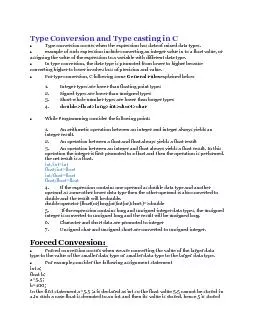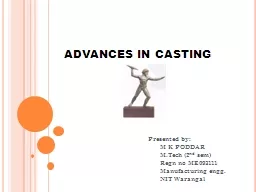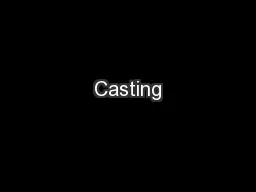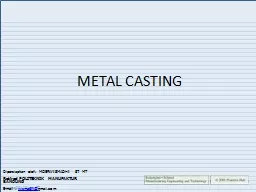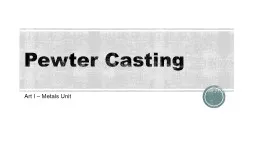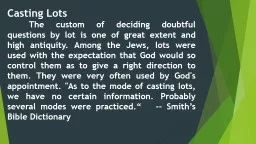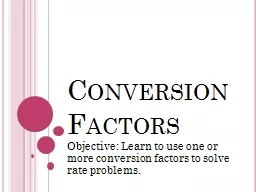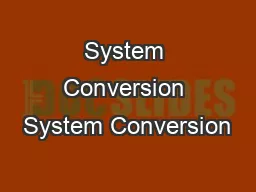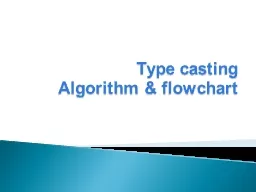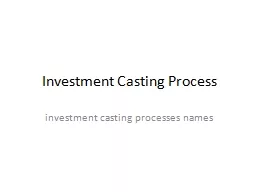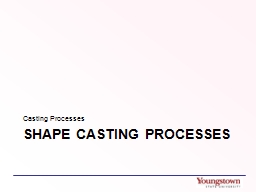PDF-Type Conversion and Type casting in C
Author : debby-jeon | Published Date : 2015-11-21
xF0B7 Type conversion occurs when the expression has data of mixed data types xF0B7 example of such expression include converting an integer value in to a float
Presentation Embed Code
Download Presentation
Download Presentation The PPT/PDF document "Type Conversion and Type casting in C" is the property of its rightful owner. Permission is granted to download and print the materials on this website for personal, non-commercial use only, and to display it on your personal computer provided you do not modify the materials and that you retain all copyright notices contained in the materials. By downloading content from our website, you accept the terms of this agreement.
Type Conversion and Type casting in C: Transcript
Download Rules Of Document
"Type Conversion and Type casting in C"The content belongs to its owner. You may download and print it for personal use, without modification, and keep all copyright notices. By downloading, you agree to these terms.
Related Documents

